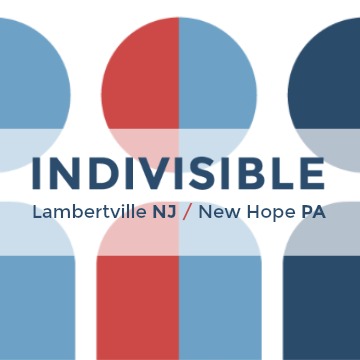Contributed by Amara Willey.
What do we make of 5 million Democratic candidates running for president? How does one stand out?
It’s not a new thing that many people put themselves forward to be the Democratic candidate for President. In the 2016 election, four candidates dropped out before the primaries began, leaving eight candidates to run for the Democratic nomination. In 2008, two candidates withdrew before the primaries, leaving eight candidates still running, including President Barack Obama.
With 21 confirmed Democratic candidates for the 2020 race, we can expect some will drop out before the primary, but there are still more than we may know what to do with. How do we start to narrow the field?
Understandably people are concerned that we need one strong candidate that can defeat the Republican incumbent in 2020. So far, none of the candidates has yet pulled into a resounding lead, but it’s still early.
Voters care about the issues in 2020, but they also care about electability. At the moment most candidates are running on similar platforms — universal healthcare, climate change regulations, reducing inequality, and improving conditions for the middle class.
For the last four presidential elections, the economy has been the biggest issue for voters, according to Pew Research Center, In 2016, 84% of voters said the economy was a “very important” factor in deciding how to cast their presidential vote. In 2012 and 2008, it was 87%, while it was the top issue of concern for 78% of voters in 2004. At the moment, the economy is doing pretty well under the current administration.
The good news is that 96% of 1,007 registered voters polled said it is very or somewhat important that a presidential candidate take “aggressive action to slow the effects of climate change,” according to a survey conducted by research firm SSRS for CNN and released this month. This outstripped Medicare for All, stricter gun laws, and free public college tuition as priority concerns. As we know, the current administration has climate change so far off its radar that it was removed from the White House website just after the inauguration.
However, issues are not the deciding factor in a presidential election. Concerns about electability, especially with so many Democratic hopefuls, are paramount for many voters. Paul Blumenthal cautions in the Huffington Post, “As Democrats eye their 2020 White House candidates, it’s best to recall that the “electability” path is littered with the bodies of losers.” He recalls other elections, particularly the 2004 Democratic presidential primaries, where we had two likeable candidates, Sen. John Kerry of Massachusetts and Sen. John Edwards of North Carolina, neither of whom ultimately became president. And although Hillary Clinton made electability part of her platform in 2016, ultimately she wasn’t, and the dark horse, the unelectable Donald Trump, was.
In February, opinion writer Jennifer Rubin warned in The Washington Post that “we should be wary about expecting voters to distinguish between candidates they like and ones that are “electable.” Very often, voters become convinced that the persons they like will be liked by others.”
An encouraging poll conducted in February by Monmouth University indicates that 57% of voters polled say it’s time for a new president. The poll further found that a majority of 56% of Democrats and left-leaning independents prefer someone who would be a strong candidate against Trump even if they disagree with that candidate on most issues. Just 33% say they would prefer a nominee who they are aligned with on the issues even if that person would have a hard time beating Trump. Democratic women (61%) are more likely than men (45%) to say they would put their policy positions aside in order to get a nominee who could beat Trump, the Monmouth University Polling Institute reported.
Sources:
https://thinkprogress.org/climate-change-democrat-voters-2020-election-5cdf0424044e/
https://www.huffpost.com/entry/2020-democrats-electability_n_5ccb4a10e4b0d123955076ad
https://www.monmouth.edu/polling-institute/reports/MonmouthPoll_US_020419/



